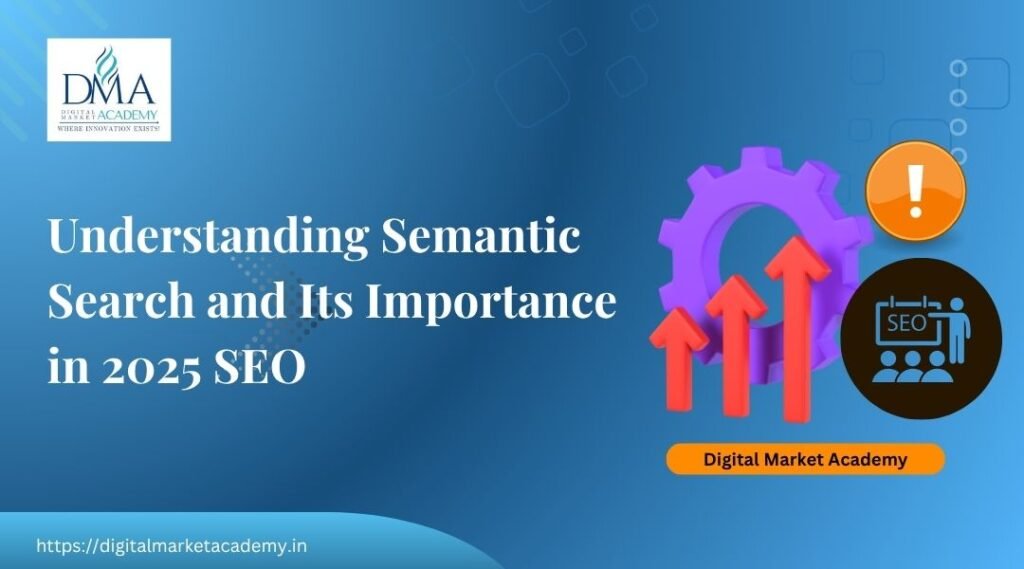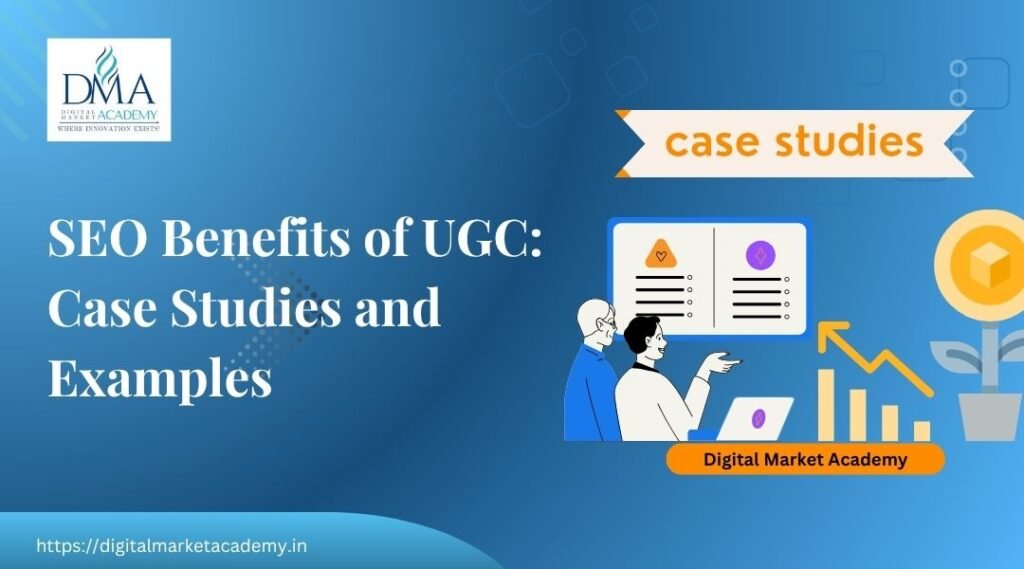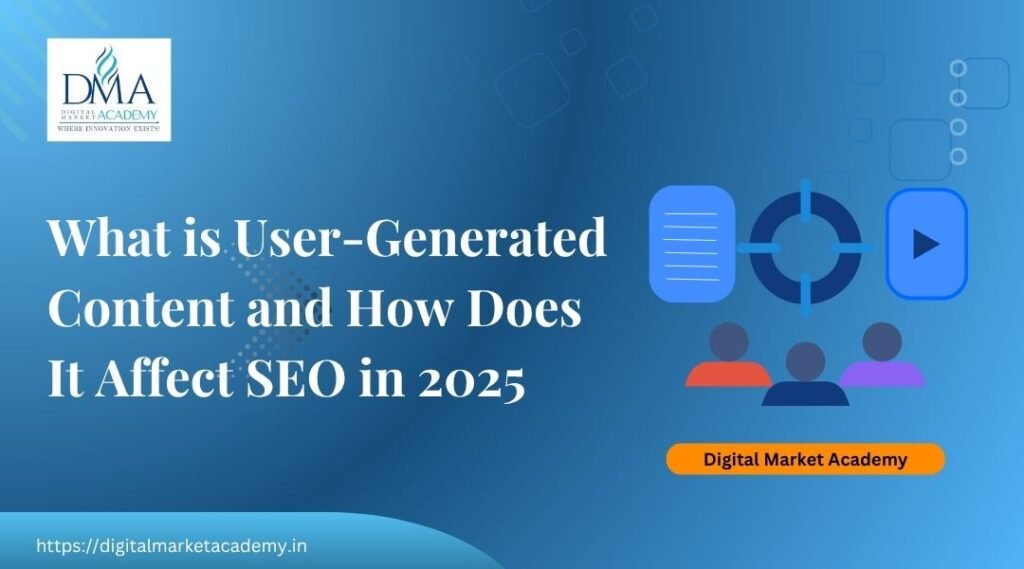What Is Semantic Search and Why It’s Crucial in 2025 SEO
Introduction:
Semantic search and its importance in 2025 SEO cannot be overstated. As Google and other search engines evolve, keyword-based algorithms are being replaced by smarter systems that understand user intent, context, and language structure. This is where semantic search becomes a game-changer.
Thanks to technologies like Natural Language Processing (NLP), AI-driven algorithms, and structured data, search engines now interpret not just words, but their meanings. Whether you’re a content creator, marketer, or business owner, understanding how semantic search impacts SEO in 2025 is essential to staying competitive and relevant.
In this post, we’ll explore what semantic search is, why it matters now more than ever, and how it’s rewriting the rules of modern SEO.
What Is Semantic Search and Why It’s Crucial in 2025 SEO
Semantic search and its importance in 2025 SEO go beyond traditional keyword targeting. In the modern SEO landscape, search engines prioritize meaning and context over simple keyword matches. This evolution is driven by artificial intelligence (AI), Natural Language Processing (NLP), and a stronger focus on user intent.
Unlike older search engines that relied heavily on exact match keywords, today’s semantic systems understand synonyms, related concepts, and contextual relevance. This shift enables search engines to deliver more accurate and meaningful results, even if a user doesn’t use the exact keywords present in your content.
With semantic search, Google aims to answer the “why” behind every search. This means content creators must focus on topical depth, searcher intent, and structured data to ensure visibility in 2025 and beyond.
How Semantic Search Works
Semantic search processes queries by analyzing several layers of meaning:
- Synonyms & Related Terms: Recognizes different words that mean the same thing.
- User Intent: Understands if the searcher wants information, a product, or a specific brand.
- Entity Recognition: Identifies people, places, organizations, and concepts.
- Contextual Signals: Considers search history, device, location, and time.
For instance, if someone searches “best smartphones for photography,” a semantic engine understands they seek camera features, not just a list of phones.
Key Technologies Powering Semantic Search in 2025
1. Natural Language Processing (NLP)
NLP enables search engines to read and interpret human language like we do. NLP algorithms detect nuances, intent, tone, and structure, allowing Google to better understand user queries and your content.
Example NLP-based tools: Google BERT, ChatGPT, Gemini, Claude
2. Machine Learning Algorithms
AI-driven algorithms constantly learn from user behavior. Google’s RankBrain and Multitask Unified Model (MUM) process billions of search interactions to refine how results are ranked.
3. Structured Data & Schema Markup
Structured data helps search engines identify the relationships between content elements on a page. When you add schema.org markup, you enable search engines to present rich results (like FAQs, reviews, product info).
Example: A recipe with structured data shows cooking time, ingredients, and ratings directly on Google.
Why Semantic Search Matters for SEO in 2025
Here’s why understanding semantic search and its importance in 2025 SEO is critical:
Benefit | Impact on SEO | Example |
User Intent Matching | Higher relevance = better rankings | Ranking for “how to sleep better” instead of just “sleep tips” |
Better Voice Search Fit | Optimizes for conversational queries | Appearing in Alexa or Google Assistant answers |
Rich Snippets & Visibility | Structured data drives higher click-throughs | Showing in featured snippets |
Future-Proof Content | Stays relevant as algorithms evolve | Evergreen content optimized semantically |
LSI Keywords to Include in 2025 Content
- Contextual SEO
- Natural Language Processing in SEO
- Voice Search Optimization
- Search Intent Analysis
- Google BERT and MUM
- Topic Clusters
- AI in SEO
- Structured Data SEO
- SEO Trends 2025
- Semantic Indexing
Incorporate these naturally into your paragraphs, FAQs, and subheadings.
How to Optimize Your Content for Semantic Search
A. Focus on User Intent
Craft your content to answer specific questions:
- Informational: What is semantic search?
- Navigational: Semantic SEO tools to use
- Transactional: Buy structured data plugin
B. Use Topic Clusters
Build interlinked blog clusters around core topics. Example:
- Pillar: Semantic Search & SEO in 2025
- Clusters: NLP in SEO, Structured Data, Semantic Case Study
C. Implement Schema Markup
Use tools like Merkle’s Schema Generator to add FAQ, Article, LocalBusiness, and Product schema.
D. Write Naturally (Conversational Tone)
AI models understand human-like text. Avoid keyword stuffing. Instead, use:
- Questions and answers
- Internal linking
- Variations of your keywords
Real-Life Example of Semantic SEO Success
A Bangalore-based edtech firm optimized its website using topic clusters and FAQ schema. They focused on semantic relevance instead of just keyword match. Within 4 months:
- Organic traffic grew 78%
- Bounce rate reduced by 35%
- Top 5 positions for 12 semantic queries
Tools used: Google Search Console, Surfer SEO, Screaming Frog, Rank Math.
To explore how semantic search connects with broader SEO strategies and future trends, read our detailed guide:
Semantic Search and SEO in 2025: The Future of Search Engines and How to Optimize.
It dives into how semantic technologies, NLP, and user intent are reshaping digital marketing in 2025.
FAQs About Semantic Search and SEO in 2025
No, semantic search focuses on meaning and context, while keyword search matches exact phrases.
Yes. Schema markup enhances machine readability and rich results.
Absolutely. It improves user experience and long-tail visibility.
NLP helps Google understand your content better, improving rankings for natural language queries.
Not replace, but evolve. Modern SEO blends semantic strategies with foundational best practices.
Final Thoughts
Understanding semantic search and its importance in 2025 SEO isn’t optional anymore, it’s essential. From NLP to structured data, aligning your content with how search engines interpret meaning will define your visibility in the future of search. Begin now, and you’ll gain long-term SEO resilience, trust, and rankings.
Need help implementing semantic SEO strategies? Contact Digital Market Academy in Bangalore today for expert-led training and consulting.


Rajesh Menon is a leading digital marketing trainer and strategist based in Bangalore, with over 15 years of experience in SEO, advertising, and digital growth planning. As the Founder and CEO of Digital Market Academy, he is known not just for his ability to teach, but for his visionary thinking and deep strategic insight.
At the academy’s Kasturinagar center, Menon leads classroom training programs and digital marketing boot camps. He also conducts on-campus sessions at colleges for undergraduate and postgraduate students, and provides digital enablement workshops for MSMEs and startups. His approach blends practical execution with long-term strategy, making him a trusted mentor for aspiring marketers and small business owners alike.
Rajesh writes regularly on the Digital Market Academy blog, and also shares expert content on Medium and LinkedIn, where his work is followed by both learners and industry peers.
You can find links to his Medium and LinkedIn profiles in the author box below.




